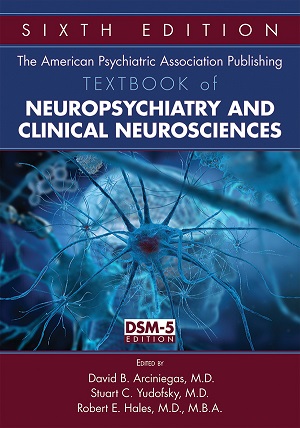Chapter 9.Poisons and Toxins
Sections
Excerpt
It is well established that certain toxic substances have the potential to disrupt homeostasis of the central nervous system (CNS), resulting in cognitive dysfunction, memory disturbance, and other neurological signs and symptoms. However, the initial symptoms of neurotoxic injury may manifest themselves as subtle or overt alteration in thoughts, moods, or behaviors, placing the neuropsychiatrist in the unique position of diagnosing and treating environmentally related disorders. Some neurotoxic agents may act directly on components of the nervous system, whereas others indirectly interfere with critical supportive functions on which the nervous system is dependent. Over the past few years, the role of the neuroinflammatory and neuroimmunological processes has emerged as a unifying factor in the effects of neurotoxic substances on the CNS (Kraft and Harry 2011; Vojdani 2014).
Access content
To read the fulltext, please use one of the options below to sign in or purchase access.- Personal login
- Institutional Login
- Sign in via OpenAthens
- Register for access
-
Please login/register if you wish to pair your device and check access availability.
Not a subscriber?
PsychiatryOnline subscription options offer access to the DSM-5 library, books, journals, CME, and patient resources. This all-in-one virtual library provides psychiatrists and mental health professionals with key resources for diagnosis, treatment, research, and professional development.
Need more help? PsychiatryOnline Customer Service may be reached by emailing [email protected] or by calling 800-368-5777 (in the U.S.) or 703-907-7322 (outside the U.S.).



